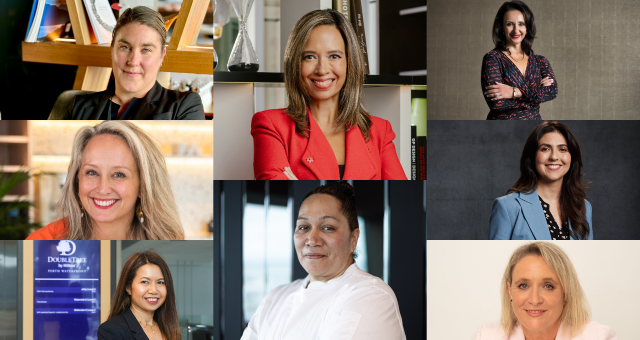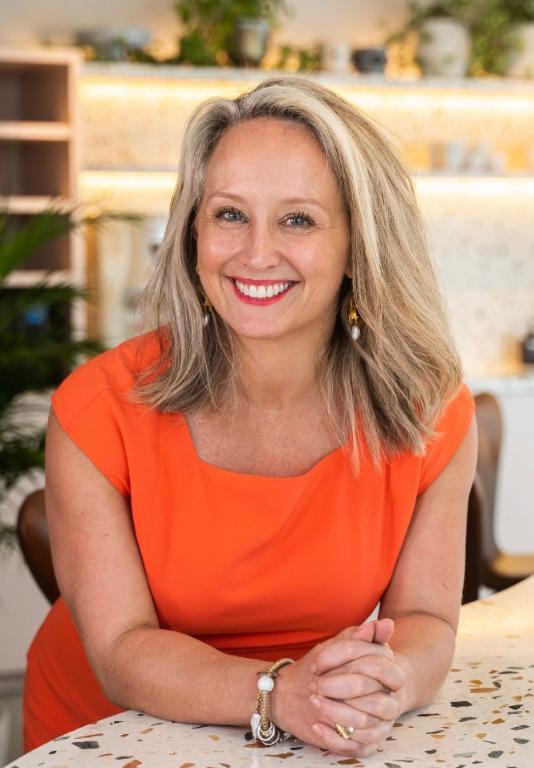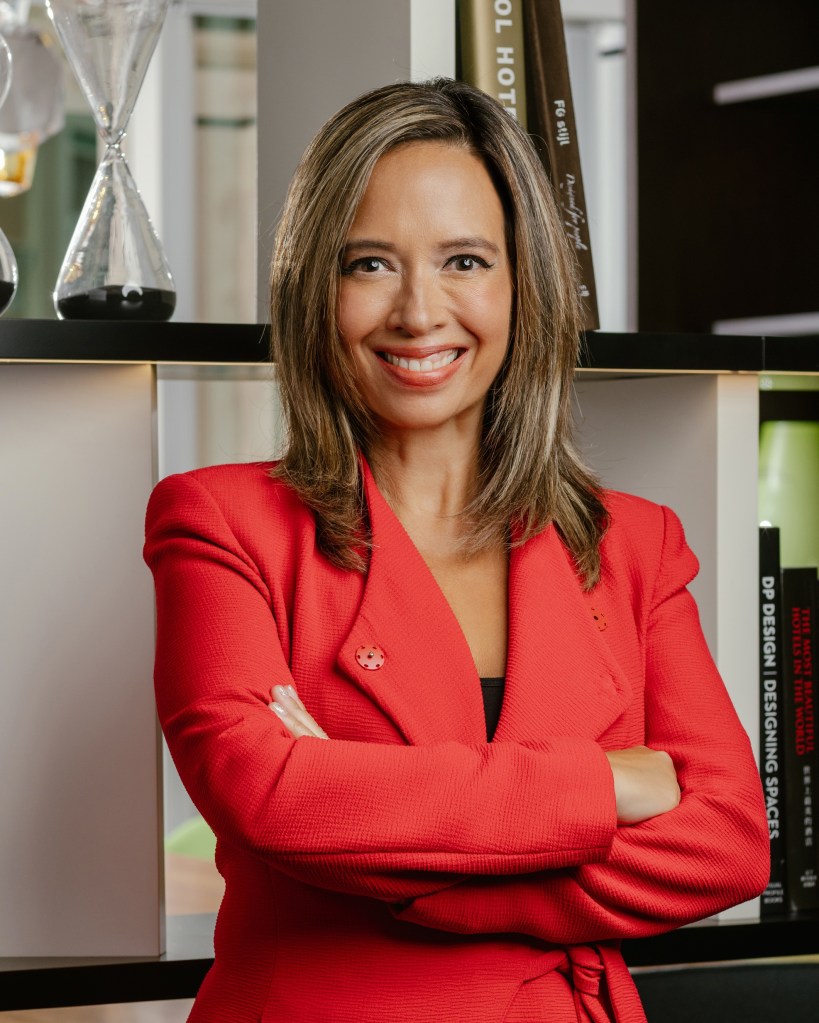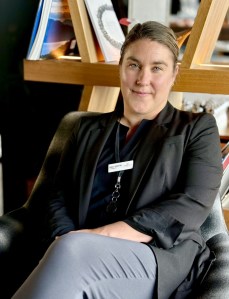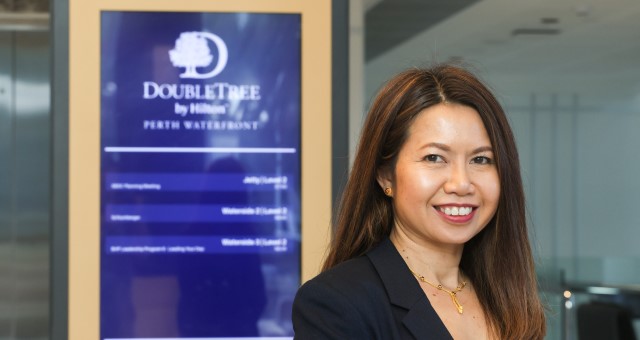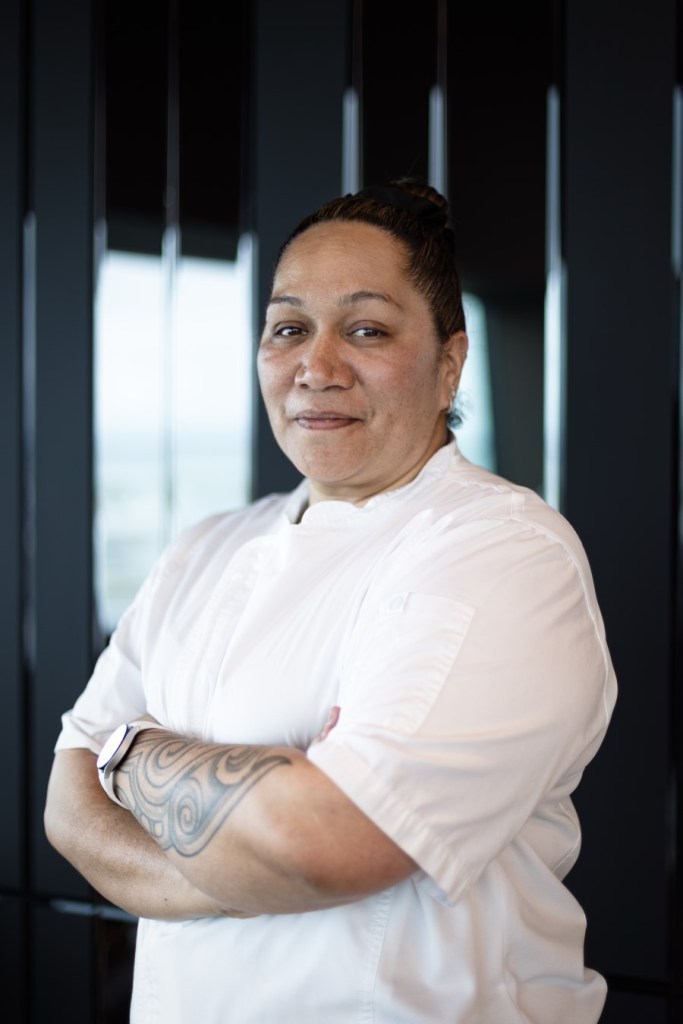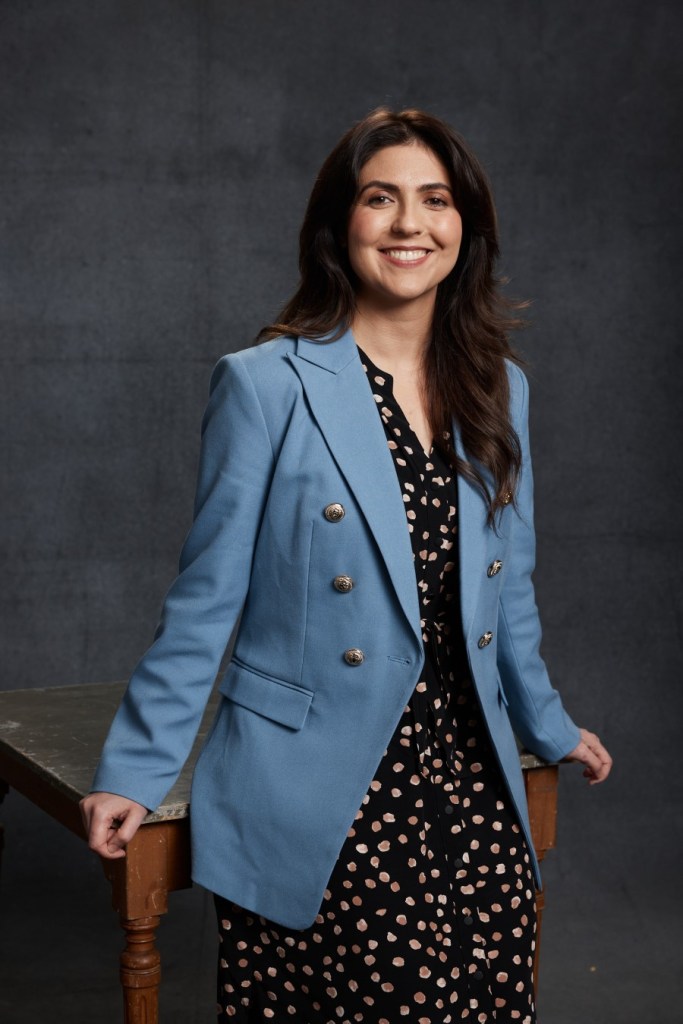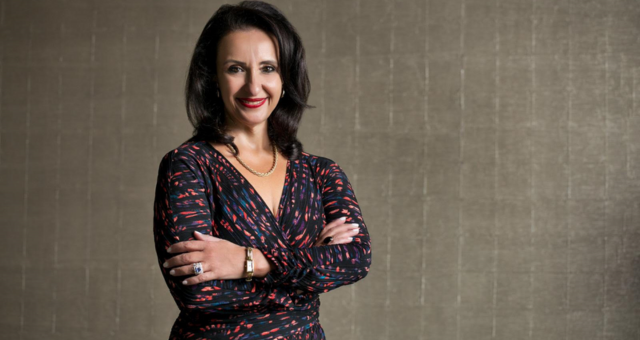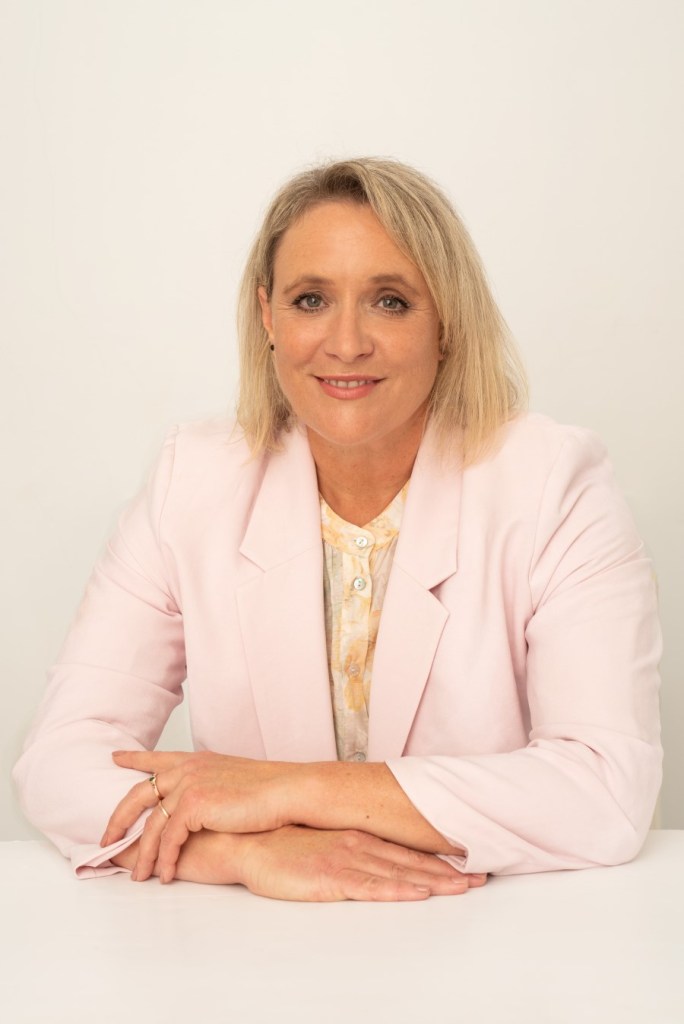Each year, International Women’s Day raises a variety of conversations about gender equity. In 2024, the focus is on inclusivity, with the theme ‘Inspire Inclusion’ looking at ways to combat bias, stereotypes, and discrimination in the quest for a gender equal world.
Here, women in hotels, from a variety of cultural and career backgrounds, share their experiences of inclusion in the industry, and the ways in which they are committed to a more diverse future.
Accor Chief Commercial Officer MEA APAC – Premium, Midscale, Economy, Kerry Healy, on how the hotel industry can better embrace inclusivity for guests and teams:
“[It begins with a genuine commitment from leadership to prioritise diversity and inclusion as fundamental values,” Healy said.
“This means investing in training programs, encouraging mentoring programs, fostering open dialogue, and creating opportunities for underrepresented voices to be heard.
“It also requires a reexamination of hiring and promotion practices to ensure that everyone has a fair chance to succeed. And when instances of discrimination or bias occur, it’s essential for companies to address them swiftly and decisively, sending a clear message that such behaviour will not be tolerated.”
Hyatt Senior Vice President – Commercial, Asia Pacific, Carina Chorengel, on practicing what you preach:
“I aim to ensure that I practice what I preach and stay true to my personal values as much I can, every day – by acting with kindness, communicating with empathy, and listening with the aim of understanding, not just responding,” Chorengel said.
“By putting these into action I do my best to be a role model to my team, as well as our wider business, to help live our values and encourage everyone to bring these values to life in their own, unique and meaningful ways, too.”
Read more from Chorengel here.
Crowne Plaza Hobart Human Resources Coordinator, Sally Whyte, on feeling welcomed as an employee and a guest:
“I was an 18-year-old female from a country town when I started my apprenticeship in Melbourne, and I was given all the opportunities to pursue a career in hospitality,” said Whyte.
“I have worked in kitchen brigades, front-of-house teams, events teams and business support teams, and always felt supported by the people that make up this passionate industry.
“I can truly say I have never felt lesser or that I had to work harder to prove myself because I was a woman. And I have always felt accepted when my wife and I check into hotels or arrive for a restaurant reservation. This is undoubtedly why I have been fortunate enough to make a career in this industry for 17 years.”
Read more about Whyte’s story here.
Hilton Cluster Commercial Director, Joyce Mann, on becoming a more inclusive society since she started her first hotel role almost two decades ago in a small town in the UK:
“At that time, I was the only Asian in the hotel, and I felt welcomed and had equal access to benefits and resources at my workplace,” Mann said.
“However, working in the reservations department and taking bookings via the phone was a daunting experience, as some guests were not pleased that I had an accent. I felt offended when they asked to speak to an English-speaking team member so they could make the reservations process faster.
“This unwelcoming experience from customers did not stop me from working hard and proving myself. This first-hand experience has encouraged me to be openminded and have dedication to welcoming all customers.”
Read more about Mann’s story here.
Te Arkinui Pullman Auckland Airport Hotel Executive Chef, Nancye Pirini, on her experiences of inclusivity in the hotel industry:
“In my personal experiences, there have been instances where I felt overlooked, for reasons unknown, leading to subpar treatment for me and my family as paying customers,” Pirini said.
“On the flip side, I’ve also encountered exceptional service from individuals in the industry who go above and beyond, making me feel like a VIP in their establishment. The key for me is remembering where I’m welcomed and appreciated – and supporting those businesses – that’s what matters most.”
Read more about Pirini’s story here.
Quest Watergardens Business Owner, Gazal Kamali, on being taken seriously in business:
“As a woman in business, I’ve had to stand behind men to be considered for the role of a ‘business owner’, so much so that there was an understanding that the man would be the front face of the business while I ran the business once everything was signed,” Kamali said.
“The very best that I could hope for was to stand alongside a man, but never alone on my own.
“Now, as the face of my business, I’ve had people ask me countless times where the male counterpart is within my business. “Where’s your boyfriend? Husband? Partner? Are they here with you?”
“When I tell them it’s just me, there’s often a look of confusion, and they’ll ask me the follow-up question of whether my dad (never my mother) funded me. This is beyond infuriating, but nonetheless, it is the standard belief about women in business.”
Read more about Kamali’s story here.
Sheraton Grand Sydney Hyde Park General Manager, Janet McNab, on building the female fraternity in the hotel industry and supporting under-represented women:
“The hotel industry is one of the most proactive in promoting inclusivity when compared to other industries that traditionally attract a predominantly male workforce, like mining and construction, for example.
“There are many functional areas in hotels where women thrive – operations, finance, sales, marketing and importantly, in senior management.
“The female “fraternity” has spread throughout the entire hospitality business; it’s certainly no longer confined to commercial roles. It’s one of my passion points – mentoring and championing emerging leaders, especially under-represented women.”
TFE Hotels Regional General Manager NSW and ACT, Emma Soutter, on navigating conscious and unconscious bias:
“I’ve been told that I needed to “wear more pink and flowers” because what I wear can be intimidating to men,” said Soutter
“It’s just crazy! As intelligent beings, we need to have to recognise that there is an underlying unconscious bias and remember that just because you’re told that’s the way it should be by someone in a position of power, doesn’t mean it is the right thing.”
Read more about Soutter’s story here.
Search #IWD2024 on HM for more stories in our 2024 International Women’s Day series. More stories to come.

